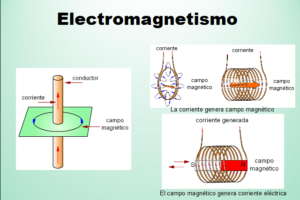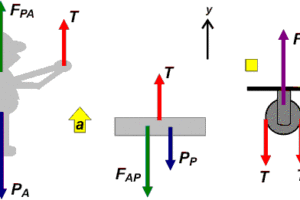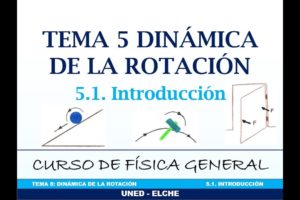Description
With this free course of 49 video lessons you will learn about the most important concepts of Theoretical Mechanics
Analytic mechanics is an abstract and general formulation of mechanics,1 which allows the use of inertial and non-inertial systems on equal terms without, unlike Newton's laws, changing the basic form of the equations of motion. Some authors identify analytic mechanics with theoretical mechanics. Others consider that the determining feature is to consider the exposition and approach of it in terms of generalized coordinates.
What is characteristic of the formulation of analytic mechanics is that, unlike Newtonian mechanics, general differential and integral principles are taken as their foundation,4 and from these principles the equations of motion are obtained analytically.5 The exposition of the general principles, the deduction from them of the differential equations of motion and the methods of their integration, It constitutes the main content of analytic mechanics.
Analytic mechanics basically has two formulations: the Lagrangian formulation and the Hamiltonian formulation. Both describe the same natural phenomenon, regardless of formal and methodological aspects, and reach the same conclusions. The Lagrangian formulation is more oriented towards practical utility and the Hamiltonian formulation is suitable for a theoretical formulation.






Reviews
There are no reviews yet.